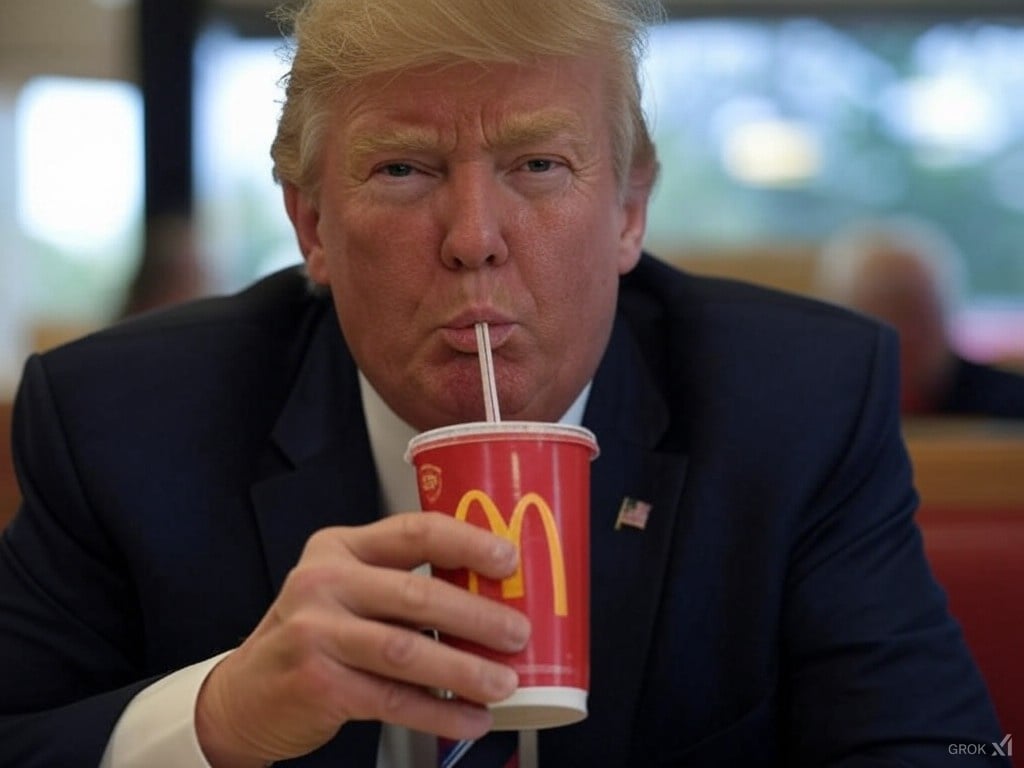WASHINGTON, D.C. – President Donald Trump announced plans to sign an executive order next week reversing federal support for paper straws, calling the policy “ridiculous” and pledging to bring back plastic straws nationwide.
“I will be signing an Executive Order next week ending the ridiculous Biden push for Paper Straws, which don’t work. BACK TO PLASTIC!” Trump wrote in a post on social media. The move is expected to reignite debate over environmental policies and state regulations, including New Jersey’s strict plastic straw ban.
New Jersey’s Single-Use Plastics Ban, which went into effect in November 2021, prohibits food service businesses from automatically providing plastic straws, requiring customers to request them instead. The law also bans plastic bags, foam food containers, and other single-use plastics in an effort to reduce pollution and protect marine life.
Trump’s executive order would likely eliminate federal support for paper straws and potentially restrict agencies from enforcing sustainability initiatives related to plastics. However, it remains unclear whether the order could directly override state laws like New Jersey’s, which was enacted by the state legislature and signed into law by Gov. Phil Murphy.
Legal experts say that while federal regulations can preempt state laws in some cases, New Jersey’s plastic straw restrictions may not be directly impacted unless Congress or the courts intervene. “The Constitution’s Supremacy Clause gives federal law precedence over conflicting state laws, but unless New Jersey’s ban contradicts a specific federal mandate, it’s unlikely to be overturned by an executive order alone,” said one legal analyst.
Environmental advocates in New Jersey argue that the state’s law is crucial for reducing plastic waste, while business owners and some consumers have criticized the restrictions as unnecessary government overreach. Trump’s push to reinstate plastic straws could trigger legal battles over whether states can maintain their own regulations despite federal policy changes.
With New Jersey’s ban still in effect, Trump’s executive order may not immediately impact businesses in the state, but it could set the stage for broader legal challenges to environmental regulations nationwide.

